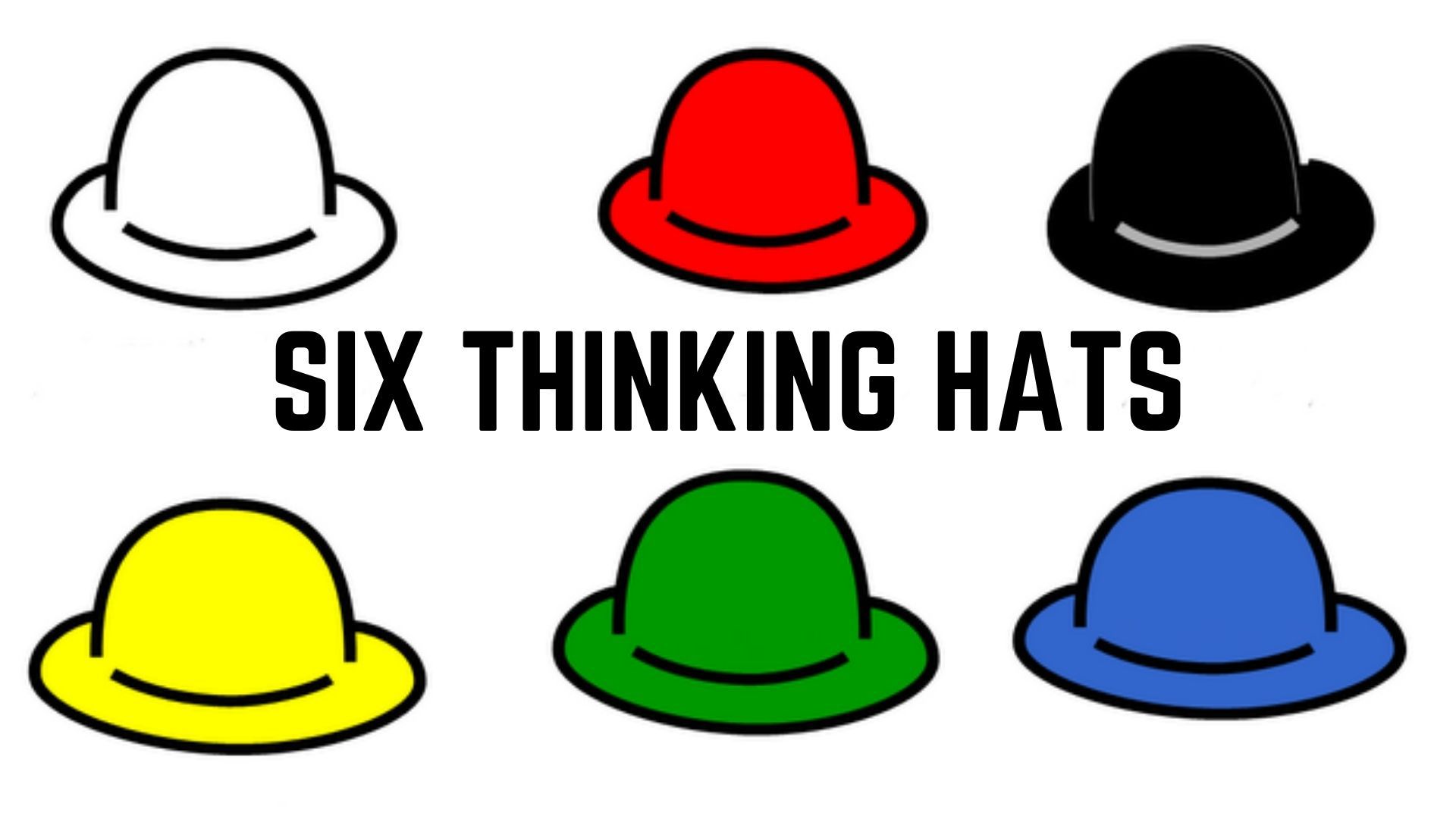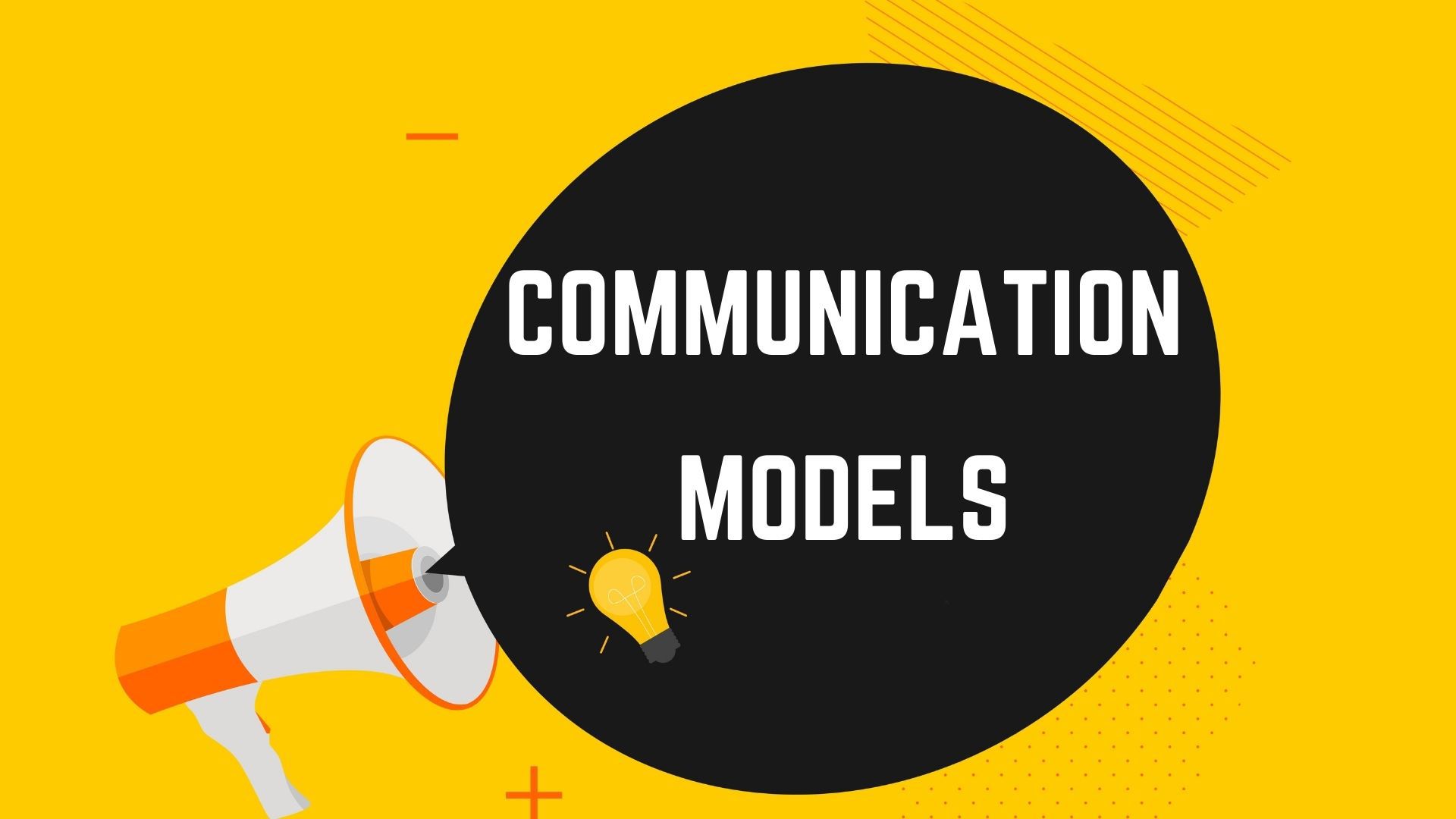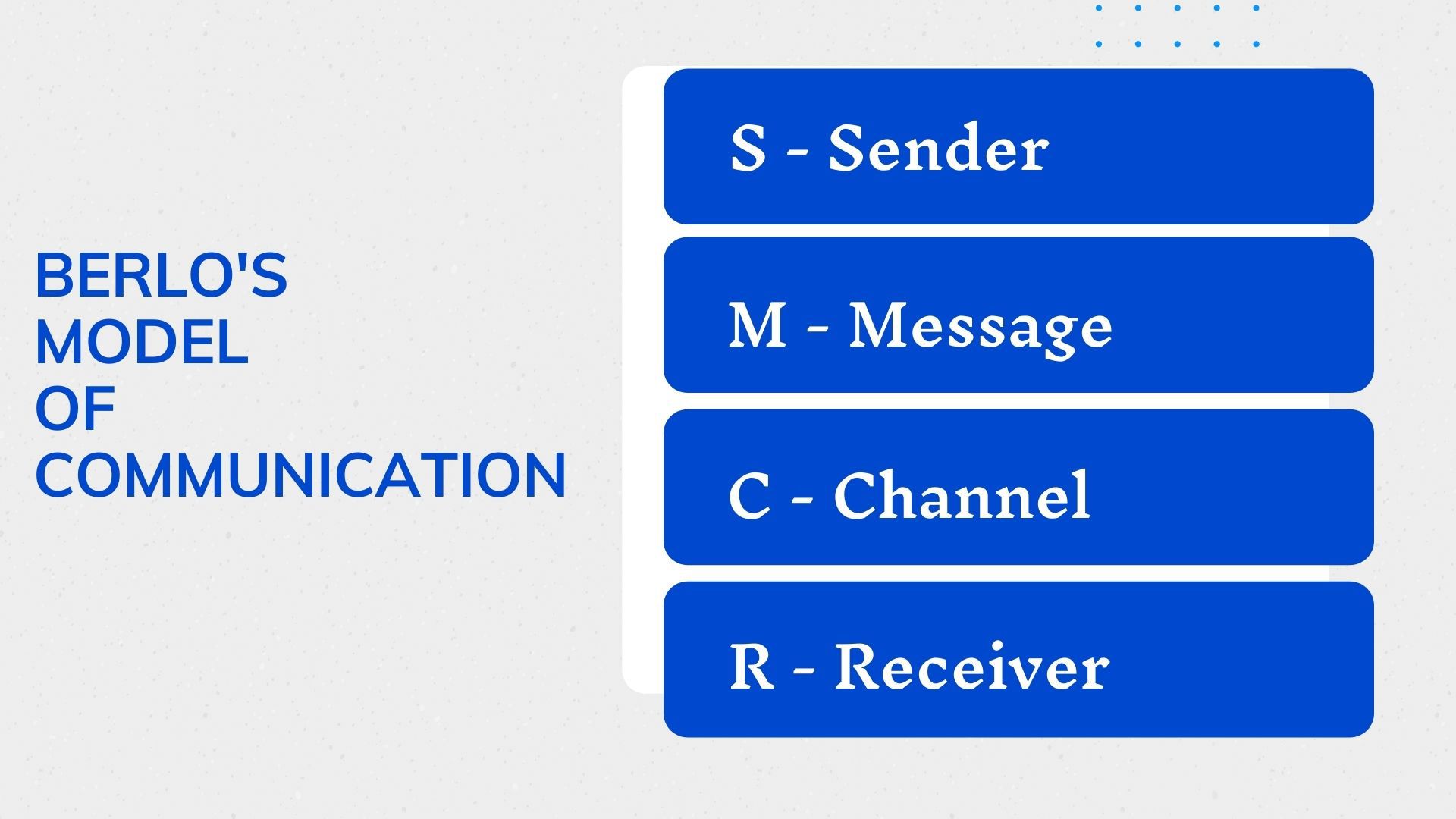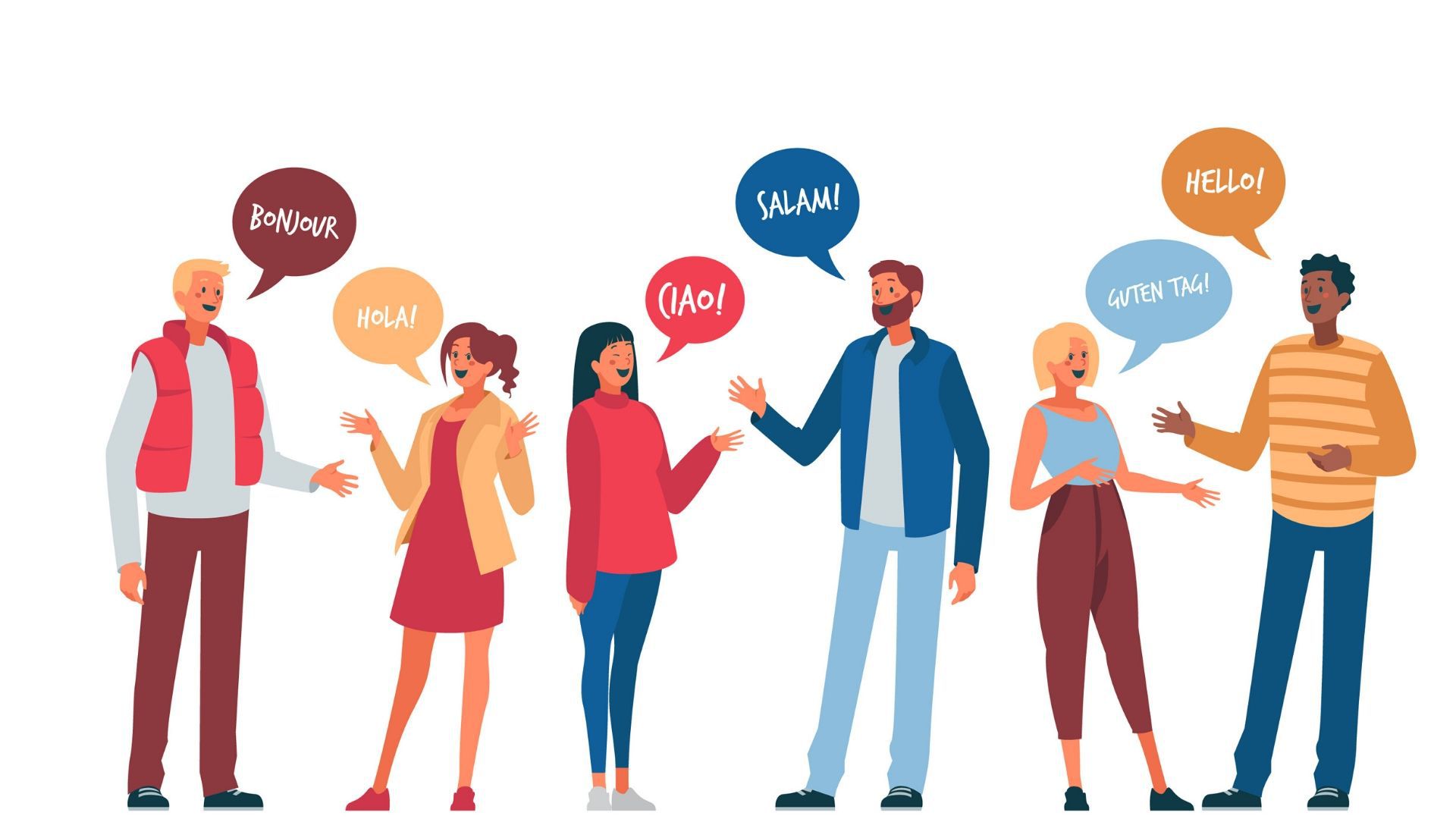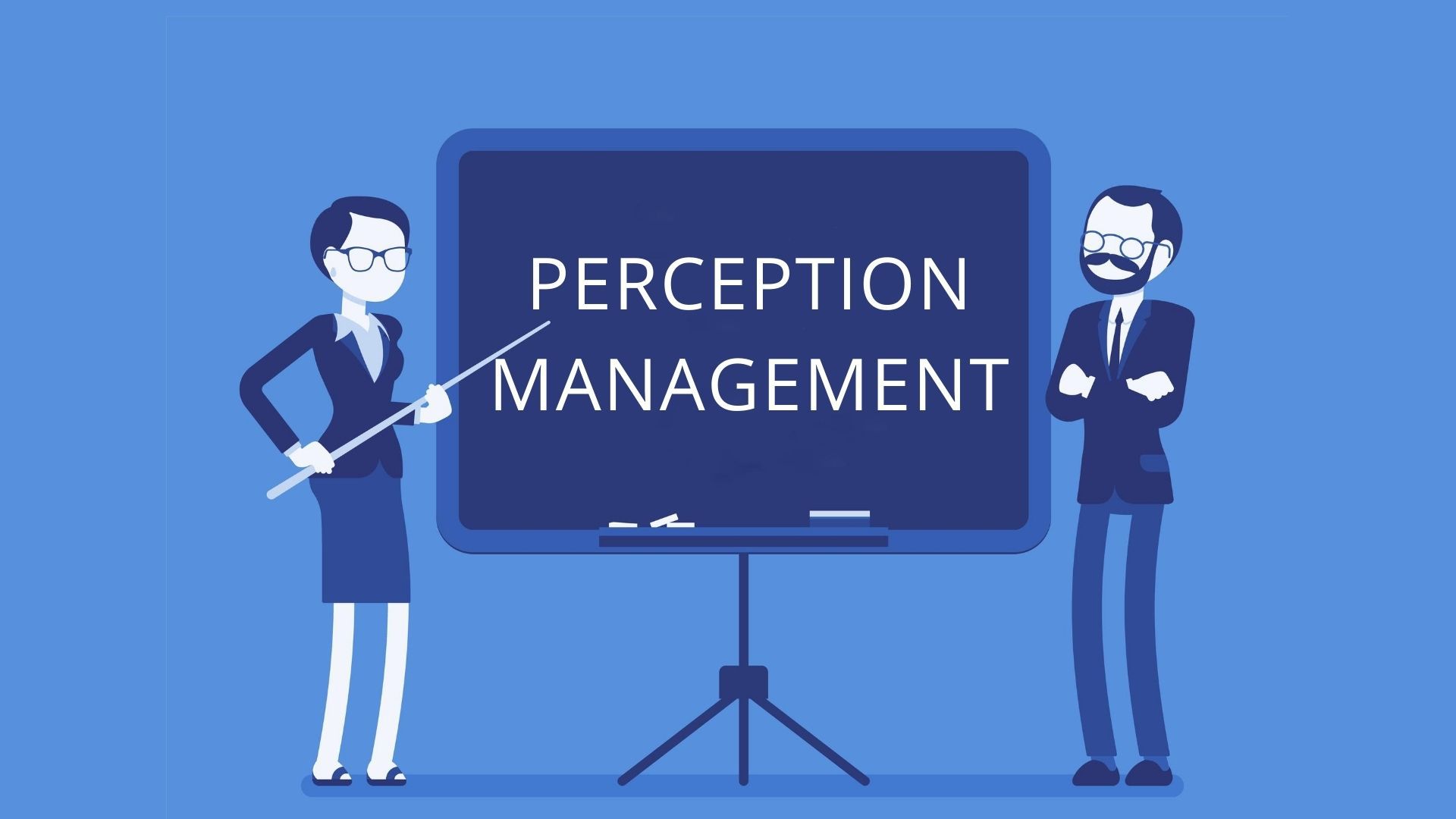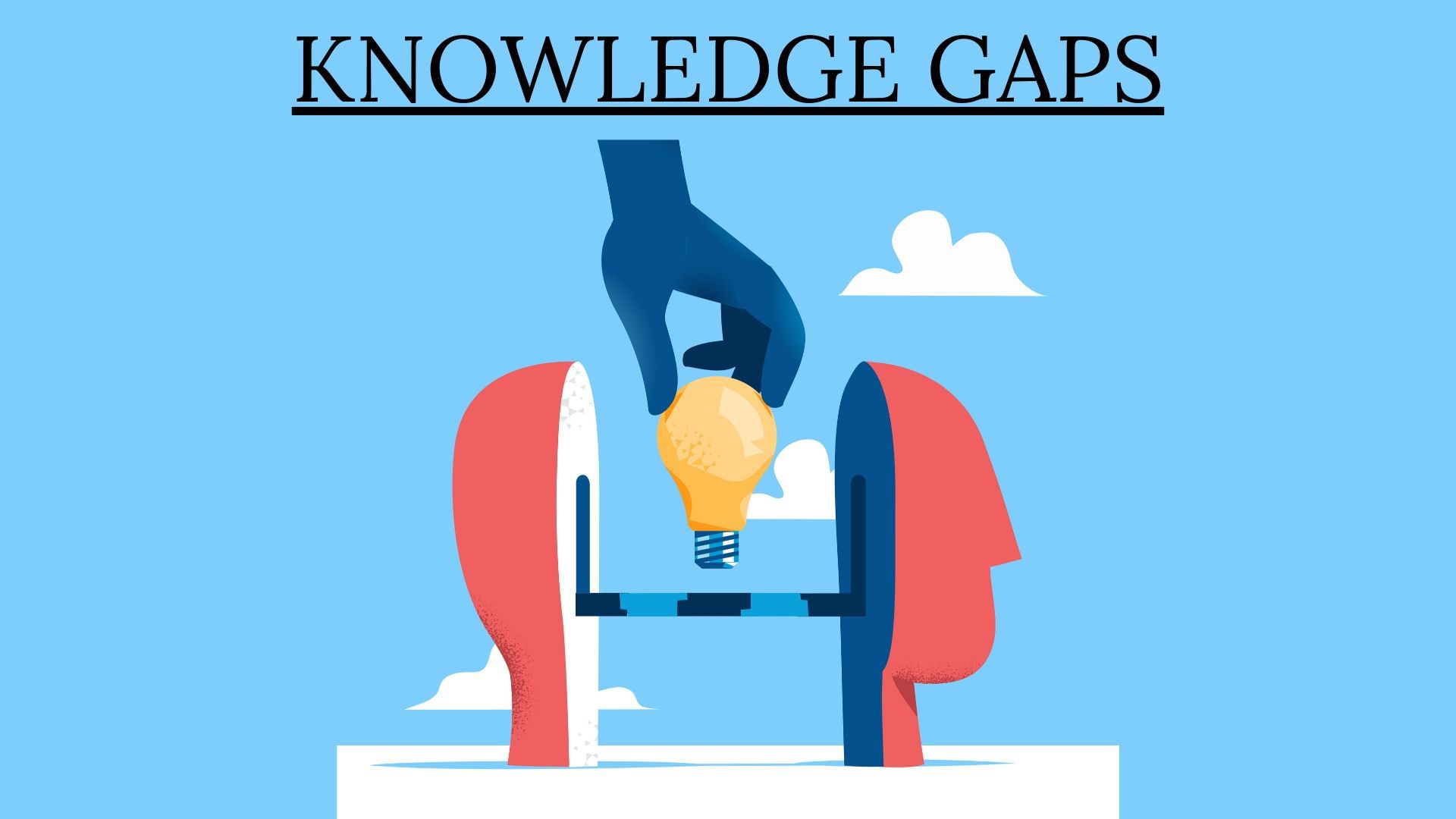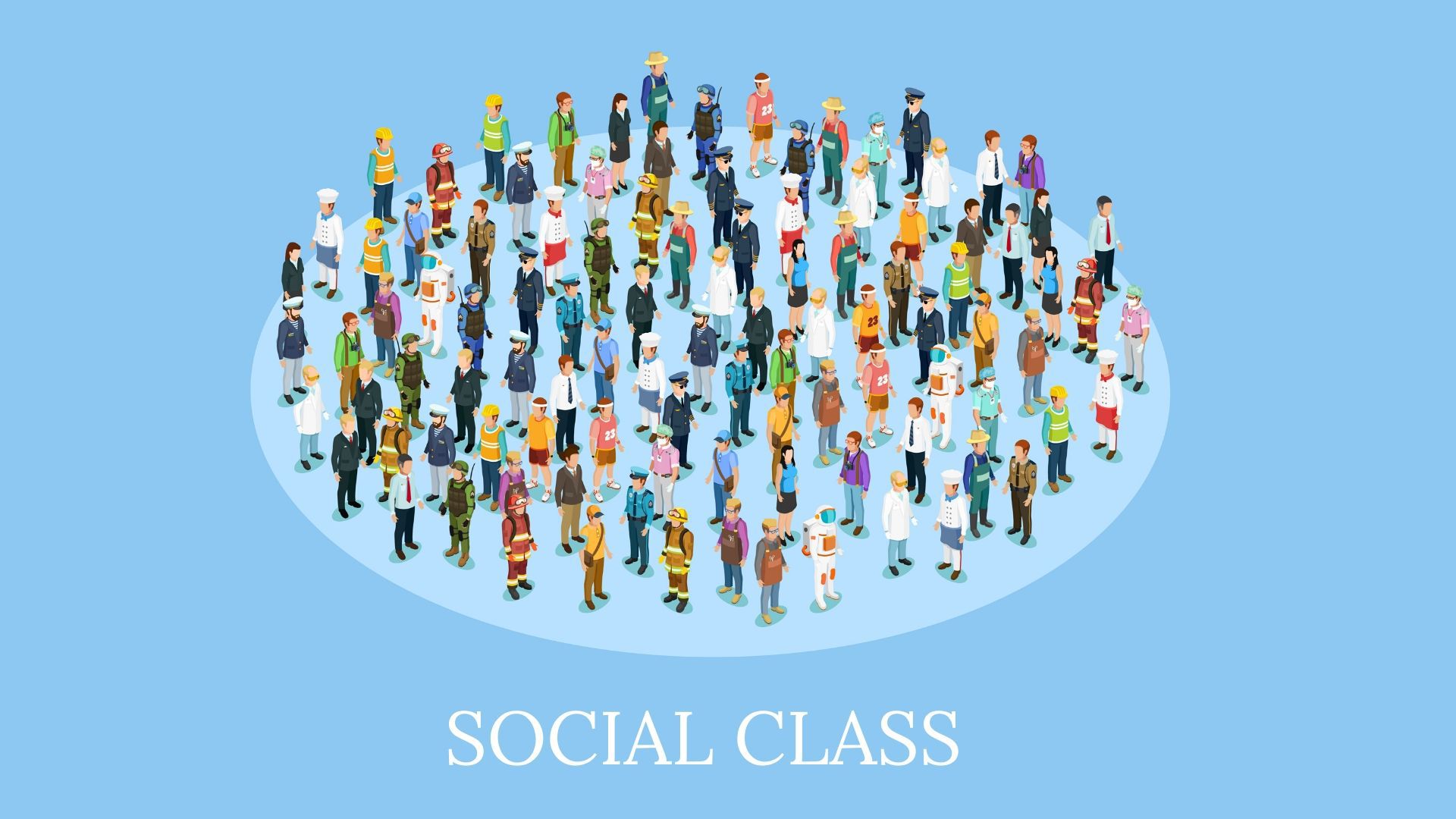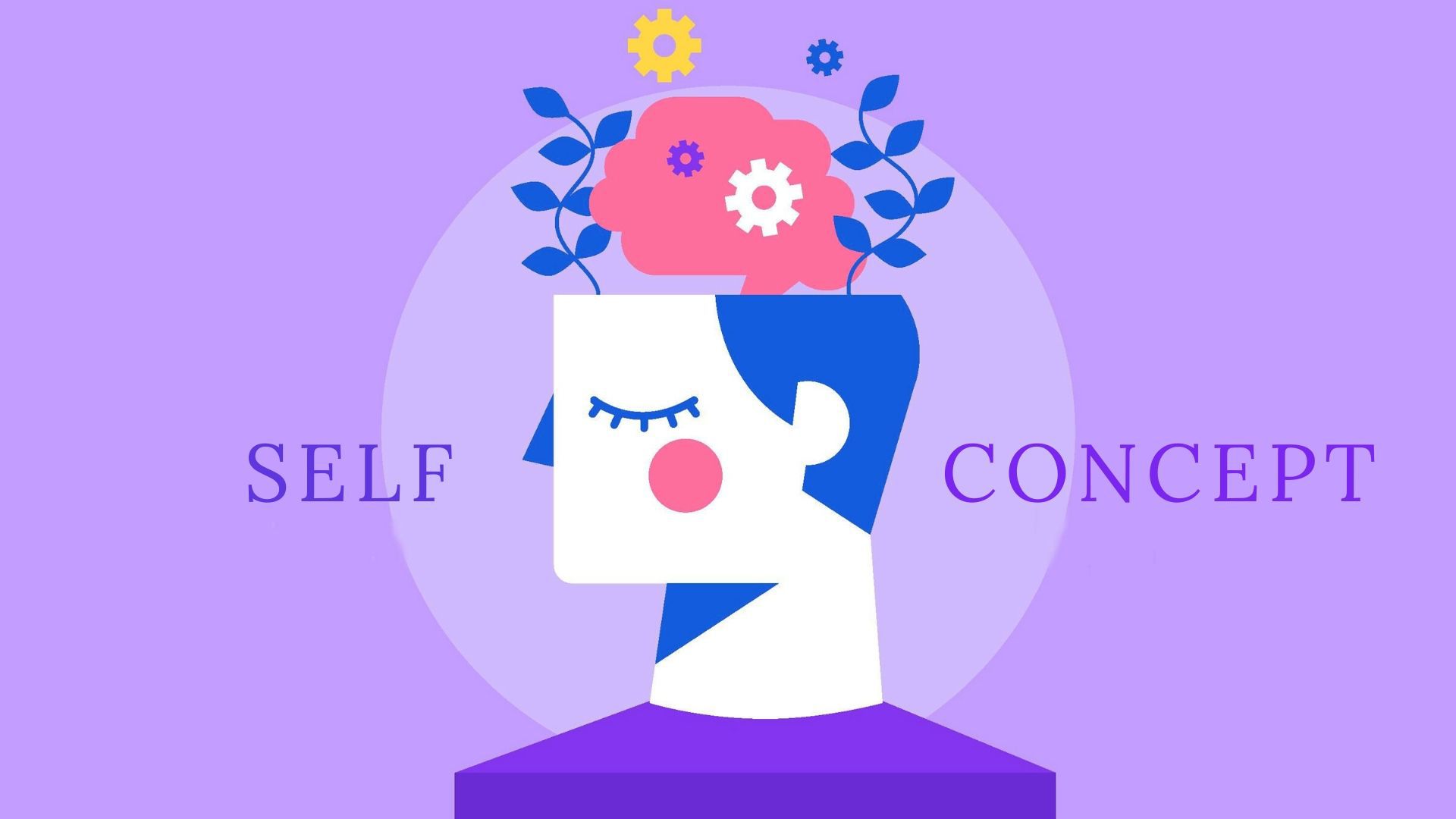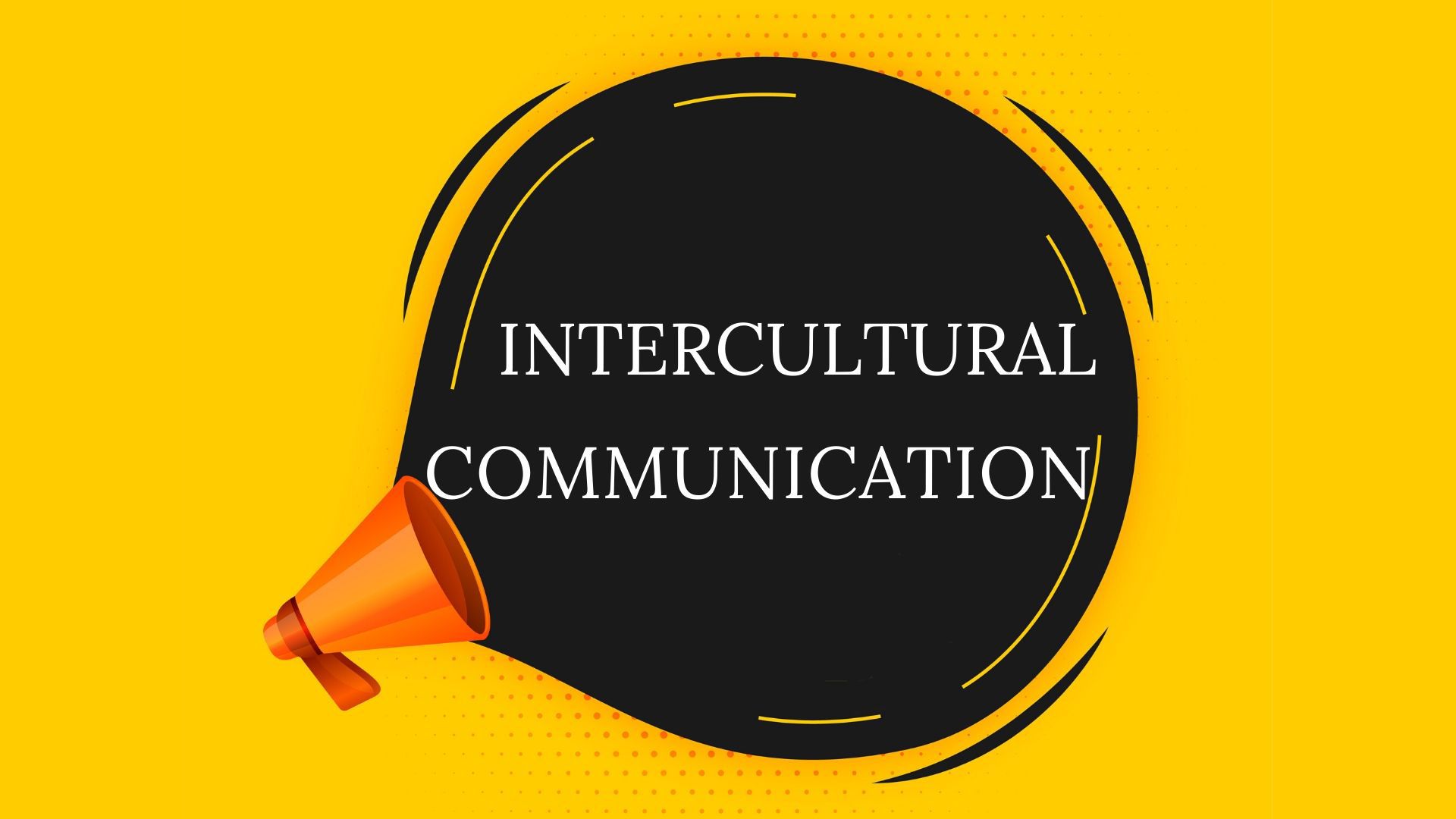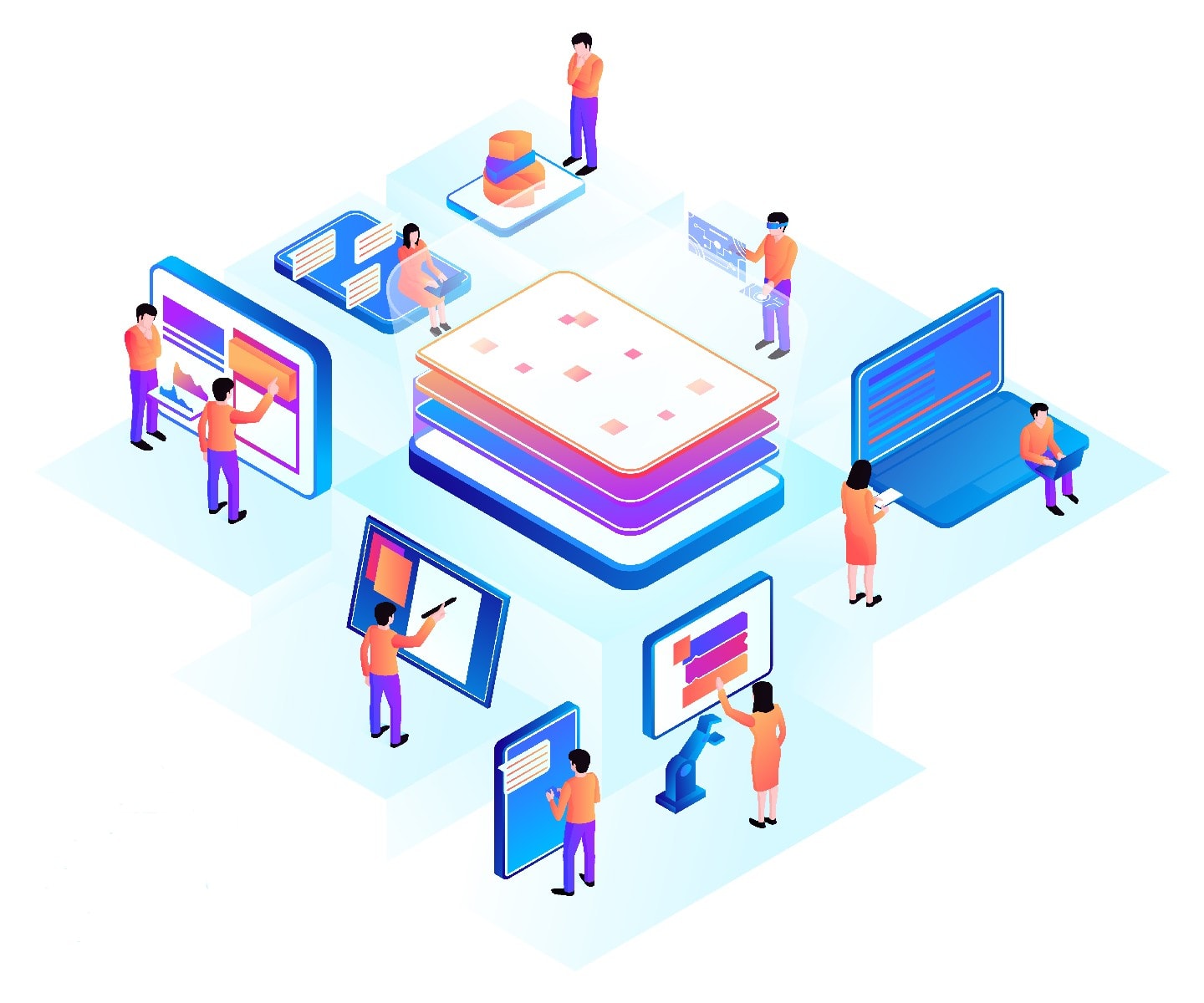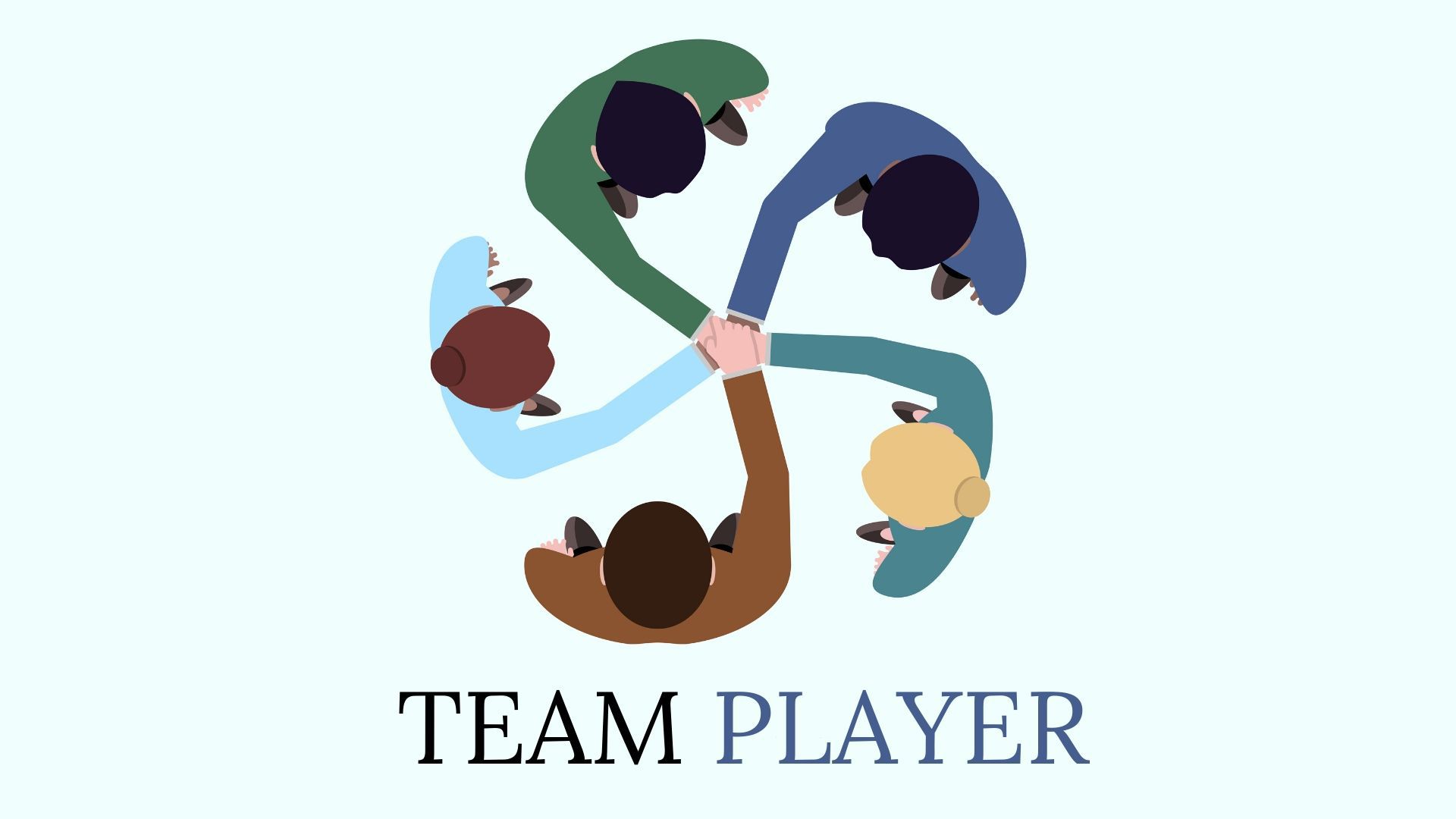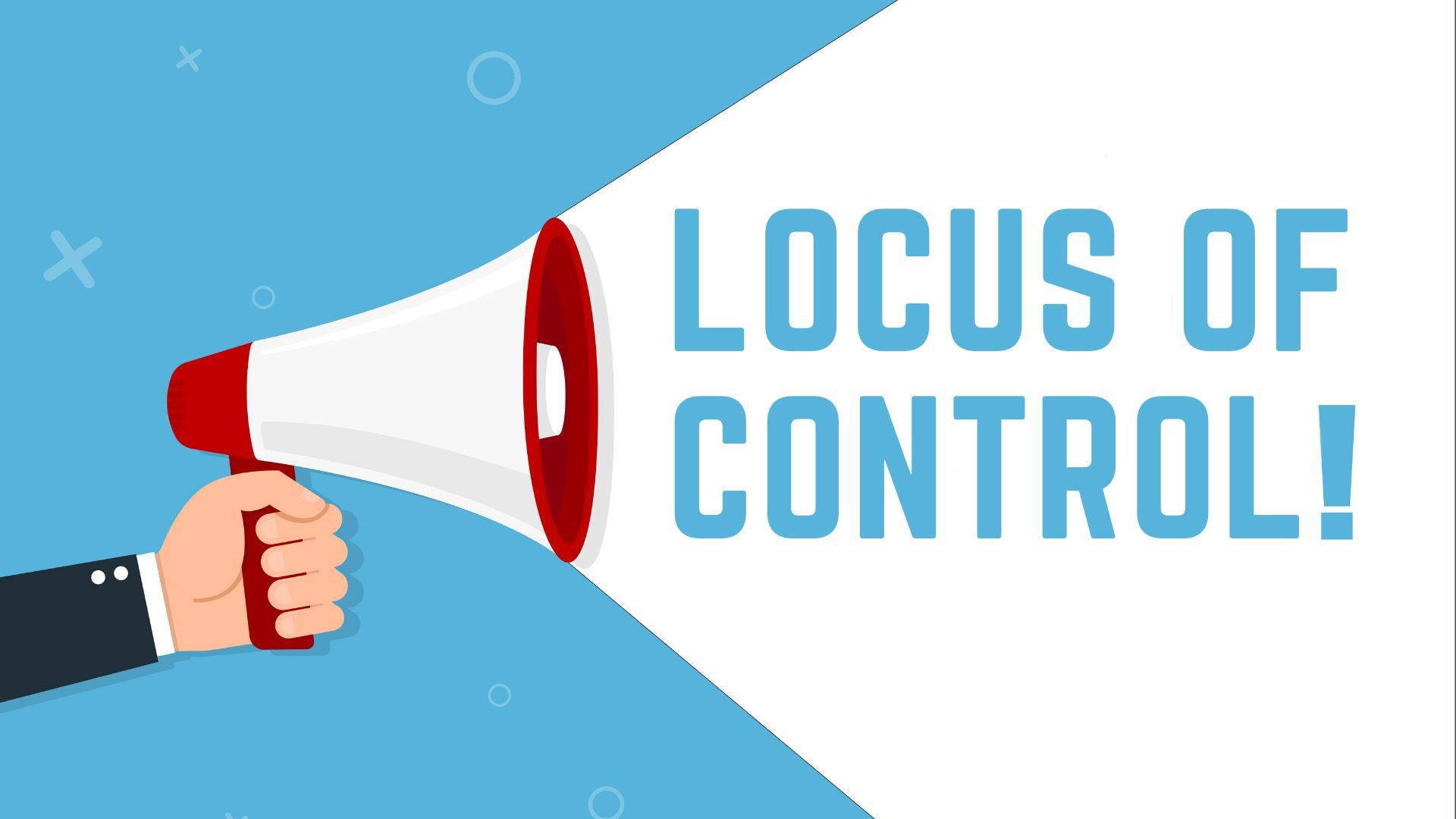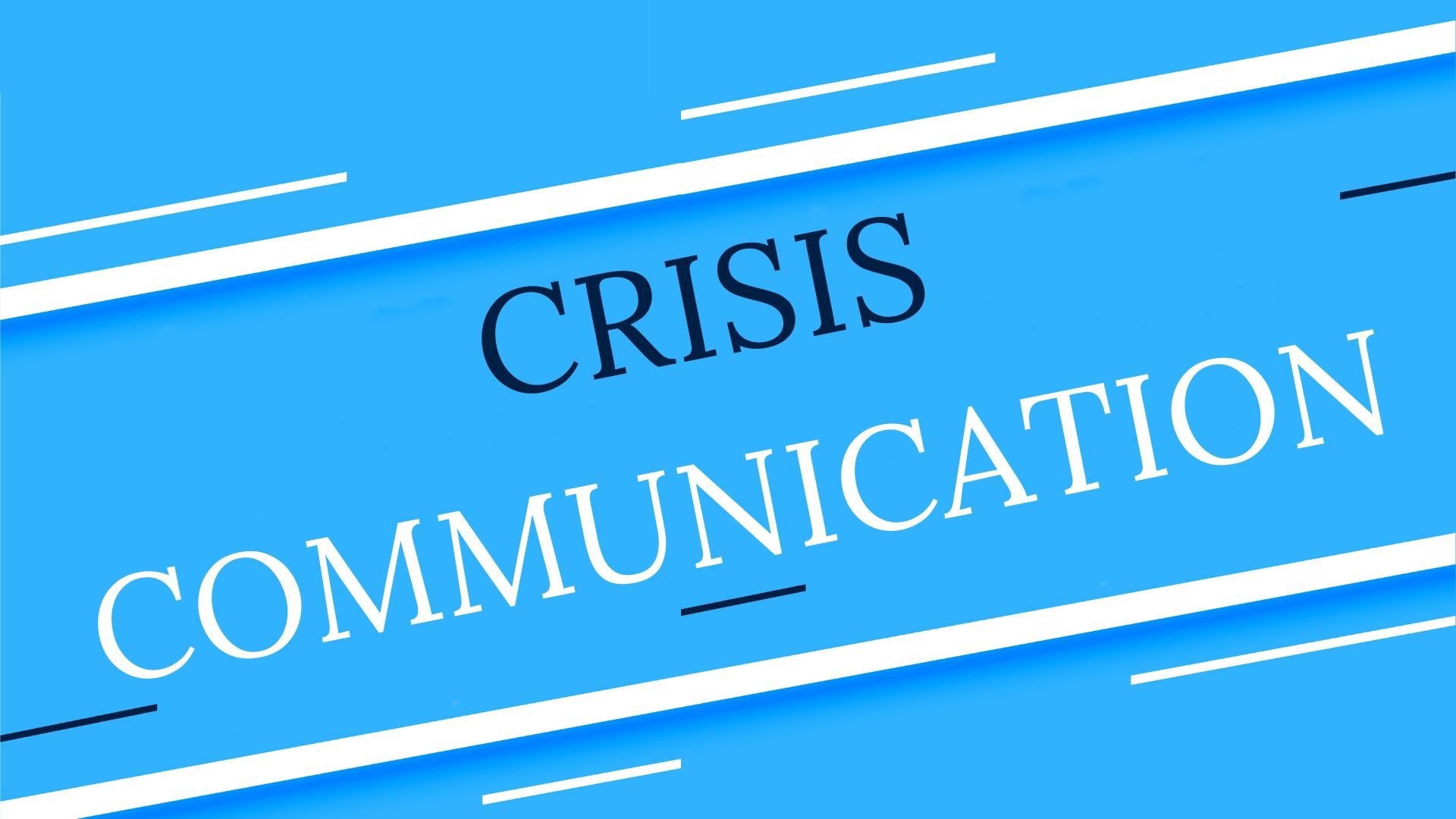When math and psychology are adeptly used for analyzing, organizing, managing, and leveraging complex decision, it is understood as Analytic Hierarchy Process or AHP. Working…
Management Category
Learn the principles and practices of effective management, including leadership, strategy, and decision-making.
The Top 15 Common Challenges Faced by Entrepreneurs
An entrepreneur is someone who dares to build a business on an innovative idea. He builds his business independently, facing and baring all the risks…
What is Data Analysis? Techniques, Types, and Steps Explained
Process of analyzing, evaluating, cleansing, modeling, and transforming data by utilizing different statistical or analytical tools for finding out some useful information to make helpful…
Six Thinking Hats: Definition, Benefits & Framework Explained
By using the concepts of Six Thinking Hats, you will be able to ensure a secure environment for everyone at a meeting where everyone can…
All the Communication Models in Businesses Explained
Communication plays a significant role in the day-to-day life of humans. Similarly, the role of communication is crucial in the business world. If you want…
Organizational Learning: Definition, Types and Benefits
Organizational learning is referred to as a continuous process in an organization that boosts its ability to accept and respond to both external and internal…
What is Conflict Management and Steps to Resolve It
Conflict management is defined as the necessary steps taken to handle the disagreements between two or more parties. What is Conflict? Conflict is defined as…
What is Communication? Importance, Elements & Types Explained
Communication is a way by which meaningful messages can be conveyed across people to convey ideas. Any kind of medium may be used by communication…
Knowledge Management: Meaning, Strategies and Advantages
Knowledge Management is a systematic process that involves handling, overseeing, and understanding all kinds of knowledge databases within an organization, including the intangible skills that…
Managing Services: History, Advantages and Challenges
The practice of outsourcing the responsibility for anticipating and maintaining the need for a complete range of processes as well as functions to improve the…
Berlos Model of Communication Explained
David Berlo set Berlos model of communication in the 60s. This model is also known as the SMCR model of communication. Unlike the Aristotle model…
What is an Entrepreneurial Ecosystem? Definition & Characteristics
The entrepreneurial ecosystem is defined as a community that is made of multiple factors independent from each other, which interact with themselves in a geographical…
What is Thinking on Your Feet? And How to become better at it
Thinking on your feet or thinking when you are under pressure or making quick decisions whenever a situation arises. It is the quality that one…
Self-Disclosure: Meaning, Types, and Importance
Self-disclosure is the process of revealing confidential and personal information about yourself to other people. With the help of self-disclosure, people get to know each…
Oral Communication: Definition, Importance and Examples
Oral communication is the way toward communicating information or thoughts by using words. The incredible oral communication abilities are your pass to accomplishment in the…
Planned Change: Definition, Theories, Effects and Steps
Planned change is defined as the process of preparing the entire organization or at least a significant part of it for new goals or new…
Body Language: Meaning, Types and Examples
Positive and effective body language is the most important yet commonly overlooked social skill that can enable you to stand out from the others and…
Grapevine Communication: Meaning, Types and Importance
Grapevine communication can be understood as an informal network of networks that the workforce utilizes for passing on the information to each other. This type…
Internal Communications: 5 Types, Strategy and Advantages
Internal communications are essential for the uninterrupted and hassle-free channelization of contemporary businesses. Internal communications initiatives for any business model are similarly as significant as…
What is Project Portfolio? Benefits & Key Terms Explained
Project portfolio term is used for referring to a group of projects and procedures that are chosen, channelized, and managed by any organization. It is…
Perception Management: Definition and Critical Tips
Do you want to add multiplier useful to all your marketing activities? Then perception management can do the magic for you. It differentiates great businesses…
Best Self: Meaning and How to be your Best Self
Do you think you are not able to use your full potential? Are you craving to go for your optimal functioning? – Then you need…
To-do List: Meaning, Purpose and Top 10 To-do List Apps
Every person has got his or her to-do list. In the to-do list, you can properly arrange your daily life schedule. If not so, you…
Written Communication: Meaning, Types, Advantages
Each time when you put your pen to paper or start writing a content piece using your keyboard, you get a chance to represent and…
11 Best Management Practices to Adopt
To be a successful business/startup owner, it is significant that you incorporate the essential management practices in your business channelization. In the last century, the…
What is Productivity and 42 Tips to Improve it
Productivity can be defined as the measurement of the efficiency of a working unit. By measuring productivity, anyone can measure the efficiency of any product,…
Knowledge Gaps – Definition, meaning and Tips for filling such Research gaps
Knowledge gaps points to the gaps left in your knowledge about a subject which may be due to lack of resources available or due to…
What is Social Class and its Types?
Social class is a Class or a group of people within the society who possesses similar socio-economic status. Apart from being relevant and social theory,…
What is Self-Concept and its Components?
Self-concept is the belief that people have about themselves. It is the personal knowledge of knowing who we are and considering all our feelings and…
What is Self-Mastery? Process, Steps and Advantages
Self-mastery is defined as the ability to wield a powerful will against impulses of any kind so that our future can be the one we…
Middle Manager | Meaning, Role, Challenges and Tips
Middle managers come in between senior management and front-line supervisors/employees. They are supposed to bridging peace and optimizing compliance in an organization. Frankly speaking, the…
Intercultural Communication: Importance, Secrets & Examples
Borders, distances, or cultures no longer confine contemporary businesses, organizations, and governments. They regularly deal in a global or multicultural scenario. Accordingly, globalization has implied…
Resource Based View | Theory, Types and Assumptions
Definition A resource-based view is a strategy in which the organization focuses on internal resources available with it to compete in the market and achieve…
Virtual Teams – Definition Importance, Types, Advantages
A virtual team is a group of people, typically from different geographic regions or physical locations, who work together towards achieving a common goal or…
How to Be Charismatic? Skills and Tips for Charisma
Do you want to come out of your introvert, shy and reserve life-style? Do you crave to be confident and creative to say things with…
15 Characteristics of a Great team player
Definition Team player refers to an individual who easily puts aside his aspirations for achieving the common goals of the team. He does his fair…
Locus of Control – Meaning, Types and Examples
What is Locus of control? Locus of control is defined as a degree or an extent to which an individual believes that he has control…
Utilitarian Organization – Definition, Meaning and Examples
Definition The utilitarian organization is defined as a formal organization where a group or individuals join to receive a monetary reward or any other type…
What is Crisis Communication? Importance and Steps
Does your business have a crisis communication plan? If your answer is ‘Yes’ then kudos to your foresightedness towards effective crisis management strategies- But if…
Management as an Art
Management can be considered as an art and a science because it Shows the features of science as well as art. Because organization or organizing…



